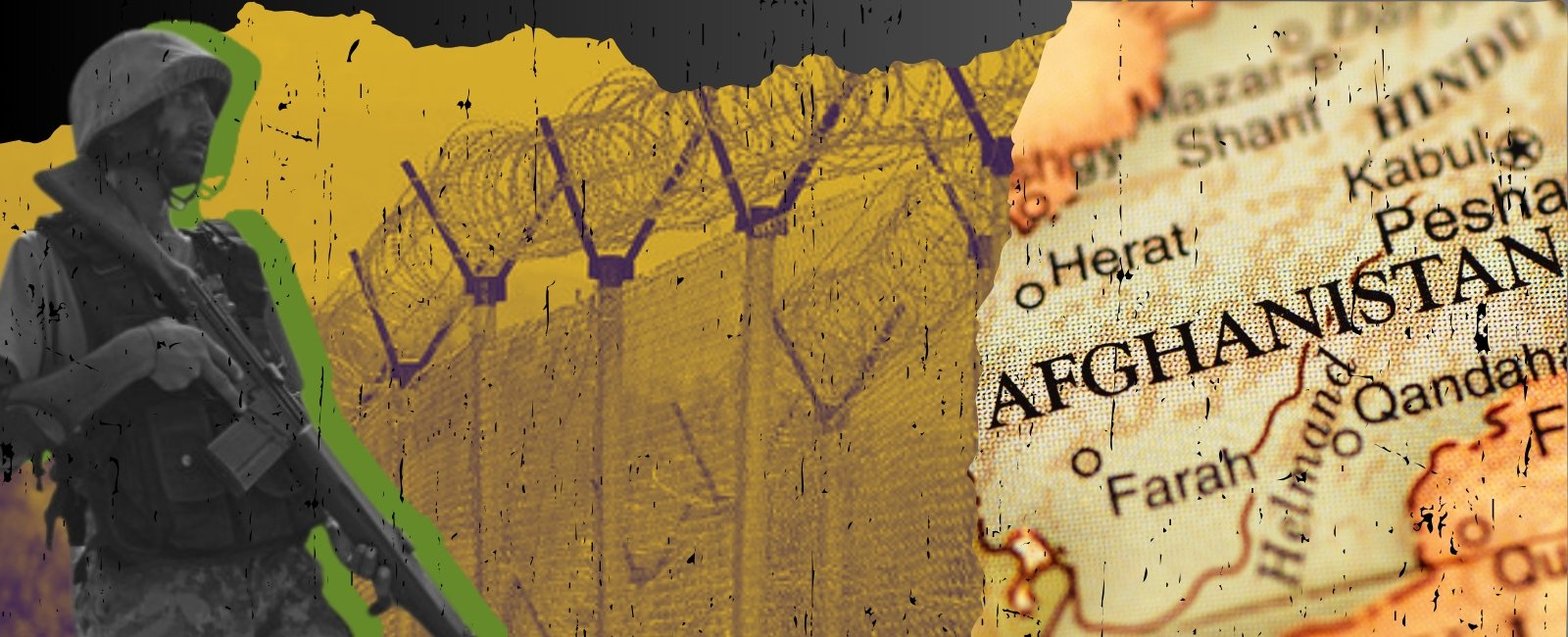How resurgence of militancy deepened Pak-Afghan diplomatic dilemma
Islamabad's romance with Afghan Taliban soured, following a rise in militancy and latter's reluctance to act against TTP

In 2024, commentaries flooded digital and print spaces on rising cross-border terrorism in Pakistan, straining Islamabad-Kabul relations, which reached a flashpoint when the former launched airstrikes on terrorist hideouts in Afghanistan and the latter lamented the 'diplomatic failure' to address bilateral issues.
However, the origin of this concerning issue is worth exploring.
When the Taliban returned to power in Afghanistan, back then, Pakistan was euphoric about the US withdrawal from the region. The then-prime minister, Imran Khan, equated the fall of Kabul to the Taliban breaking the shackles of slavery. In Pakistan’s political and security quarters, the return of the Taliban meant a secure western border.
But Islamabad's romance with the Afghan Taliban soured, following a rise in militancy in Pakistan and the latter's reluctance to act against the Tehreek-e-Taliban Pakistan (TTP) — the sworn enemy of Pakistan. Experts believe that the reluctance stems from the Afghan Taliban's ideological, historical, ethnic, and cultural affinity with the TTP, which has now been declared "Fitna Al-Khwarij".
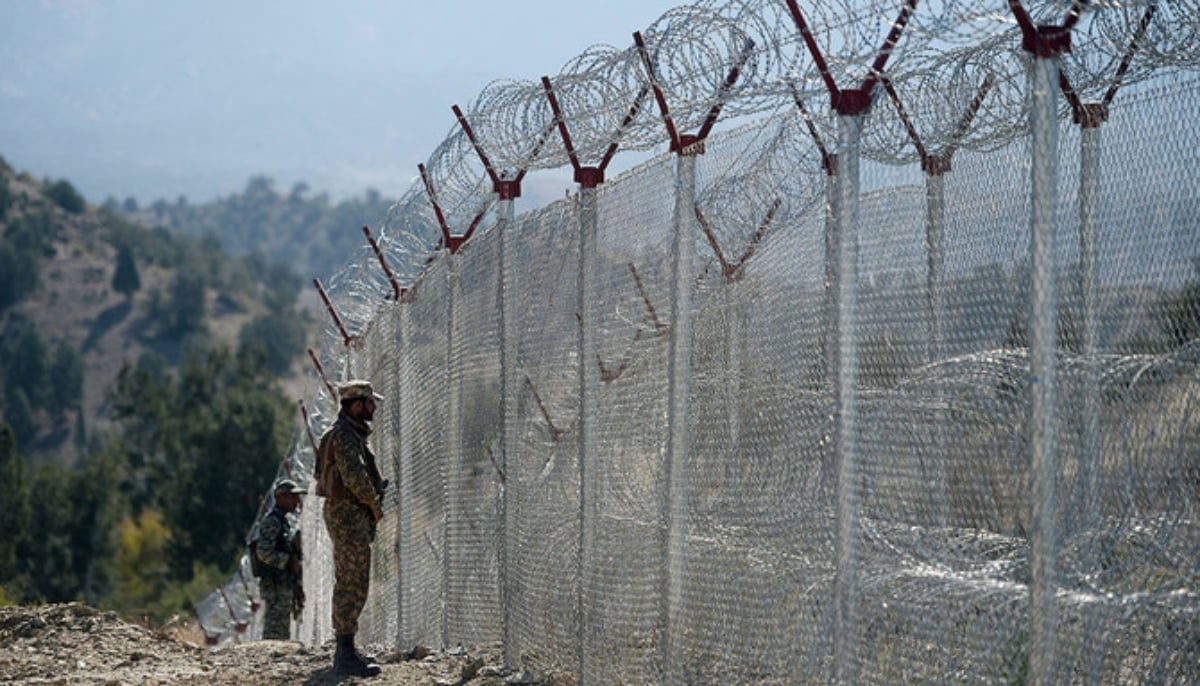
Meanwhile, the Pakistani authorities left no stone unturned to contain the terrorist outfit, including initiating talks, erecting a border fence between the two neighbouring countries, and pressing on the Afghan government to stop abetting the militant group. The measures also included the expulsion of over 500,000 Afghan refugees illegally residing in the country.
Backstory
For years, Pakistan was seen as a patron of the Afghan Taliban, which first rose to power in 1996. Islamabad became part of an international coalition campaign, which was chalked out to counter the invasion of Afghanistan by the massive forces of the defunct Union of the Soviet Social Republic (USSR). The Soviet Union’s defeat was followed by a period in which Pakistan’s geostrategic importance declined precipitously.
However, 9/11 dramatically changed the scenario and propelled Pakistan to assume once again a front-line role in the so-called War on Terror. Amid the US attack on Afghanistan, the TTP started waging a war against the state of Pakistan.
Responding to those attacks, the Pakistani security forces engaged the TTP militants in multiple operations, pushing the terrorist outfit’s top guns into Afghanistan. Following the Afghan Taliban's takeover in late 2021, Islamabad hoped to use its historic influence over the new Afghan rulers to contain the "Al-Khwarij".
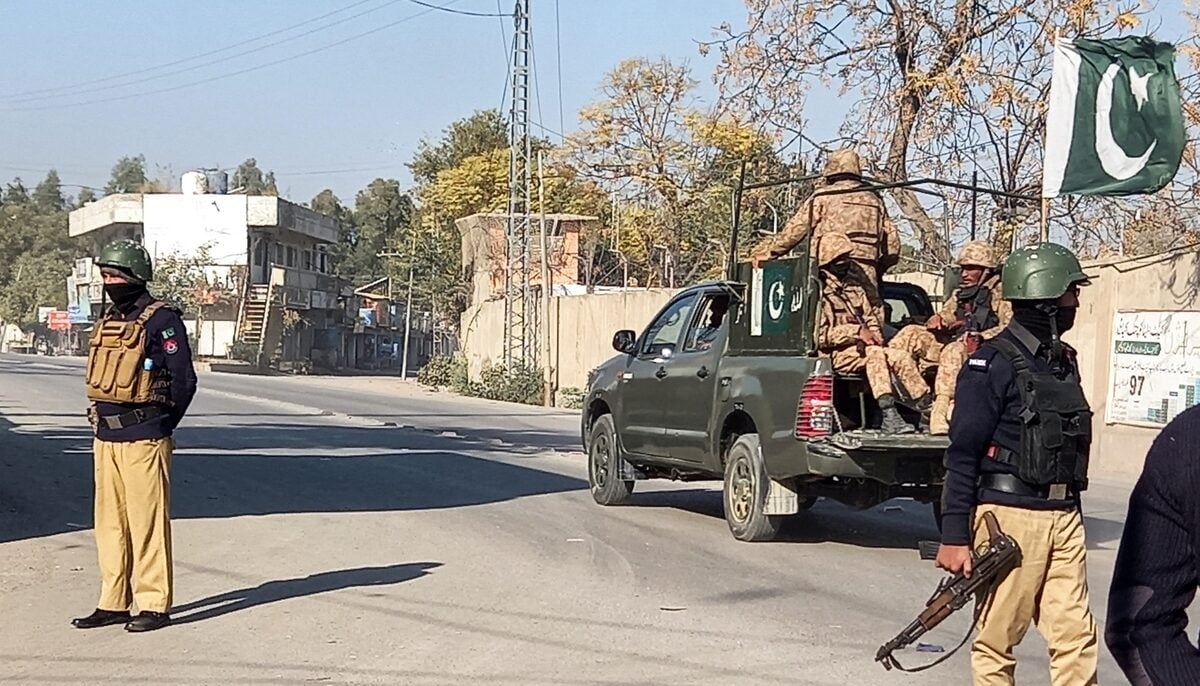
But it didn't happen. Instead, militancy escalated, making 2023 one of the bloodiest years in recent Pakistani history, with more than 650 attacks across the country, killing nearly 1,000 people, mostly law enforcers and security personnel. The Fitna Al-Khwarij took responsibility for most of those attacks.
As Kabul continued to drag its feet on Pakistan’s legitimate demands, the insurgency worsened, prompting Islamabad to carry out airstrikes in Afghanistan's border regions — a development considered a bolt from the blue'. Later, the Taliban claimed they also struck back, raising serious concern among the regional countries.
Geo.tv spoke to national and international analysts to figure out the facts behind the deteriorating Pakistan-Afghanistan relations, the consequences of Pakistan's foreign policy, and the Kabul government's reluctance to contain the Kharijis operating from Afghan soil.
A strategic failure?
"Pakistan's Afghan policy has failed. It was a flawed policy. It was based on wrong assumptions," former senator Mushahid Hussain Syed told Geo.tv.
"We were relying too much on the Americans and hoping that they would be with us. But my assessment was that the Americans were using Pakistan only to avenge their humiliation in Vietnam, thanks to Soviet support for Hanoi — which was proven right," he said.
The former senator also pointed out that Pakistan assumed that they were the big brother and Afghanistan was the distant or poor cousin.
"That's not the right approach. Any Afghan, whether it's an Afghan Taliban or an Afghan Marxist or an Afghan nationalist like [former presidents] Ashraf Ghani or Karzai, or all of them, they are basically Afghans first. And then they are ideologically left or right or nationalist or whatever."
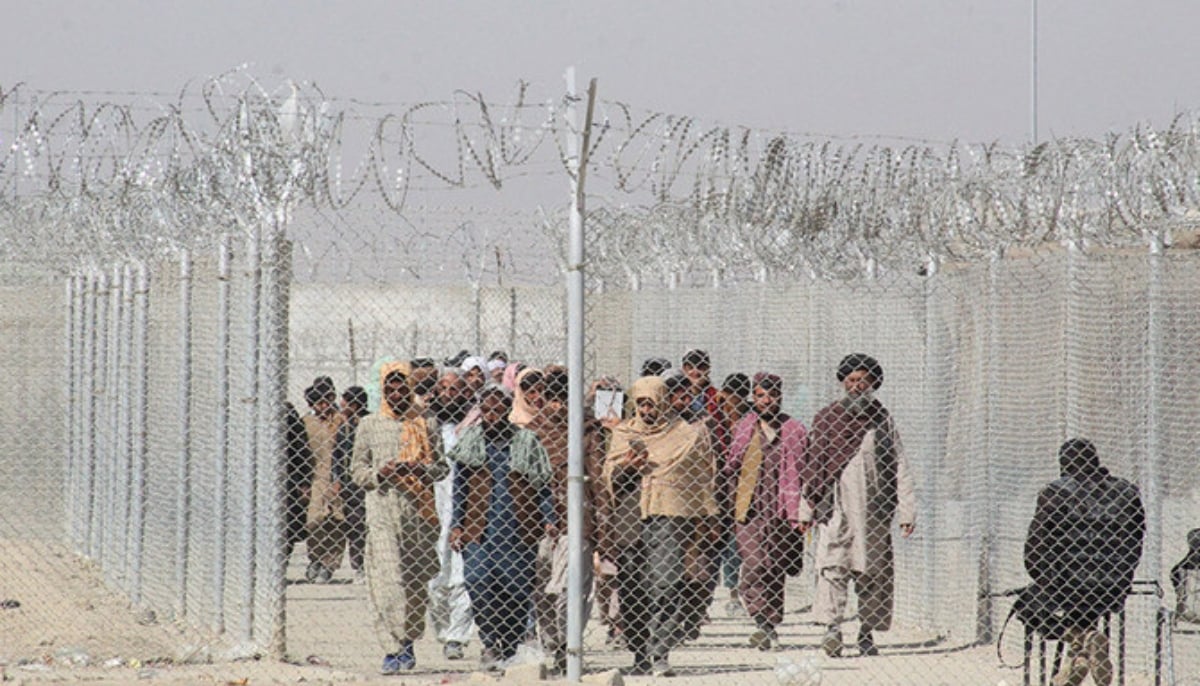
Michael Kugelman, director of the South Asia Institute at the Wilson Center in Washington, has similar views on the fallout of Afghan policy.
He argued that Pakistan's Afghanistan policy for many years caused "deleterious consequences".
"I think there is this sense of just casually assuming that everything would work out and that the Taliban would help Pakistan just because that's always how it's been. Even though it's very clear that that was not going to be the case when the Taliban no longer needed Pakistan in terms of sanctuaries and other wartime support, so, they were not going to go out of their way to help Pakistan," he said.
"But I think that, for so many years, this assumption that the Taliban would be ready to help Pakistan might have gotten the authorities into some trouble now because it meant that Pakistan had not come up with other options to deal with a rising threat of cross-border terrorism emanating from Afghanistan, even with the Taliban in power."
Kugelman believes that the expulsion of large numbers of Afghan refugees was carried out to "pressure" the Taliban to do more to curb the TTP threat. "When you drag humanitarian issues into power politics and national security issues, that could cause some concerns," he added.
Surge in militancy
The major setback Pakistan faced following the return of the Afghan Taliban to power was the rise in militant attacks — for which Islamabad holds Kabul responsible. But are the Afghan Taliban only responsible for the surge, experts have different opinions.
"Afghan Taliban administration is not solely responsible [for it]," senior journalist Zia Ur Rehman told Geo.tv. However, he added, by providing sanctuaries, resources, and access to modern US-made weapons left behind by the fleeing pre-US-backed Afghan forces, the Taliban are significantly aiding the resurgence of the TTP.
"Other factors contributing to the surge include internal vulnerabilities in Pakistan’s counterterrorism strategy and the porous nature of the Pakistan-Afghanistan border, which facilitates cross-border militant activity," Rehman added.
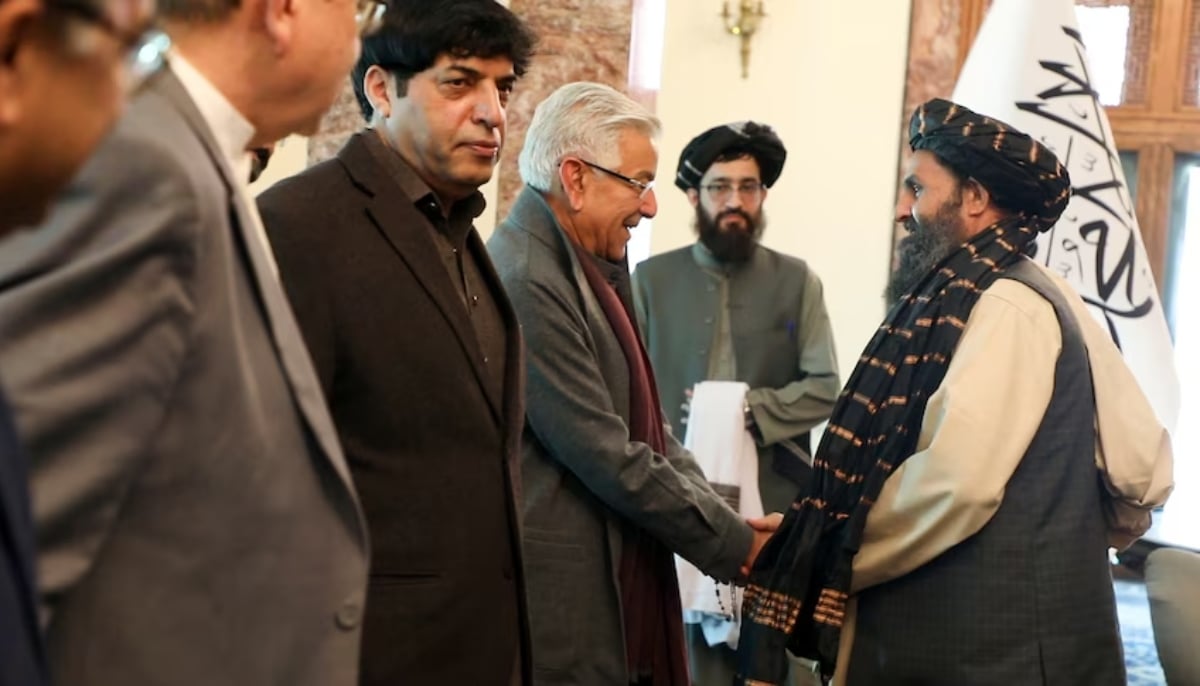
Echoing Rehman’s views, Syed said that the interim Afghan Taliban government has to bear the primary responsibility for the surge in terror attacks because the roots of the terrorism being carried out in parts of Pakistan, especially the Khyber Pakhtunkhwa province, are in Afghanistan.
However, the former senator feels Pakistan also has its share of responsibility in two areas. "Number one, that we have the border being cut off through a barbed wire. How are the terrorists still able to penetrate and cross over despite this fencing? And, why can't our border management be more sophisticated, sharper, and more effective?"
Secondly, he believes Pakistan lacks a truly cohesive and comprehensive national counter-terror strategy, which, according to him, should operate through NACTA (National Counter Terrorism Authority).
“All we have is a reactive approach," Syed said.
On the other hand, Kugelman partially blames the Taliban government for the rise in cross-border terrorism in Pakistan.
"Once the Taliban came back to power, they made it easier for the TTP to be in a position to take advantage of sanctuaries, safe havens, and so on.
Even if the Taliban were not formally providing sanctuary to the TTP, they are very closely allied with the banned outfit and would be highly receptive, to put it mildly, to the idea of the former being based in Afghanistan."
Why the reluctance to act against TTP?
Pakistan has repeatedly urged the interim Afghan government against providing safe havens to terrorist outfits and acts against them but to no avail. The lack of action raised questions over the Afghan Taliban's reluctance or ill intentions. However, experts have different beliefs.
Journalist Zia ur Rehman claims that acting against the TTP risks creating a split within the Taliban ranks, as the group played a critical role in providing sanctuaries and support during the Taliban's fight to regain control of Afghanistan.
"A crackdown on the TTP might push its fighters to join the Islamic State Khorasan Province (ISKP), also known as Daesh, a significant rival and threat to the Taliban administration in Kabul," he added.
Meanwhile, Kugelman is of the view that the Taliban in Afghanistan have done nothing vis-à-vis the TTP issue, saying that they have mediated talks between TTP leaders and Pakistani officials, which didn't work. "There are also indications that the Taliban have relocated or convinced some TTP members to relocate away from the border with Pakistan to other parts of Afghanistan, but that hasn't worked either."
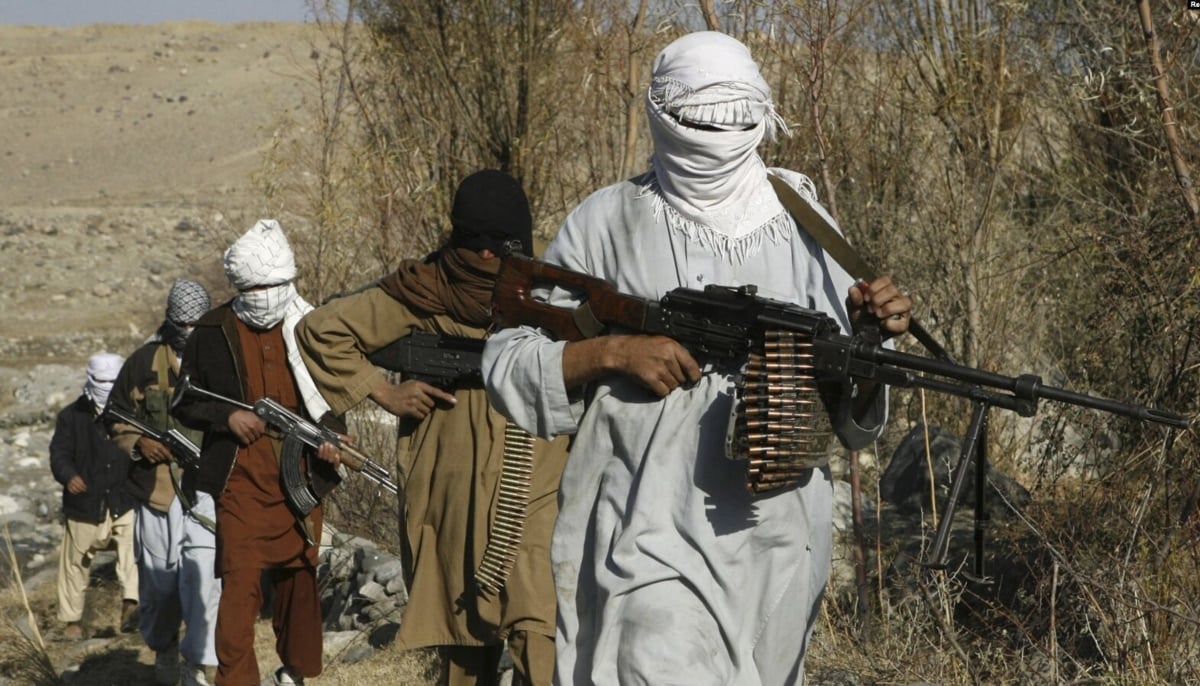
"The main reason behind Taliban's reluctance is that they're allies. They are not ready to turn on their militant allies," he said.
To substantiate his argument, he said there were numerous examples across the board, most notably the al-Qaeda one.
"If you look at some of the leaders that have come through the TTP ranks over the years, including its very first supreme leader, Baitullah Mehsud, there are clear links to the Afghan Taliban."
He also argues that Pakistan no longer sways the Taliban with the kind of leverage it once had, as the war is over.
According to Syed, during this war against the US, when its forces were occupying Afghanistan, the TTP were their de facto allies of the Afghan Taliban and the TTP leadership has pledged allegiance to the Amir ul Momineen of the Islamic Emirate of Afghanistan.
"The TTP considers itself an ideological extension of the Afghan Taliban and given this nexus, the latter feels that formers have been helpful to them during their difficult period and allies don’t take action against allies."
What are Pakistan’s options if the Afghan Taliban don’t act against TTP?
Rehman says that Pakistan should engage with international partners and strengthen its partnerships with regional players such as China, Russia, and Central Asian states to apply collective pressure on the Afghan Taliban to rein in the TTP.
"Mobilise support from the US and the broader international community to press the Afghan Taliban to uphold their counterterrorism commitments under the Doha agreement," he said. He suggested enhancing domestic counterterrorism operations against the TTP network to weaken their operational capacity and influence.
However, Kugelman drew a grim picture of the situation, noting that Pakistan’s options are limited.
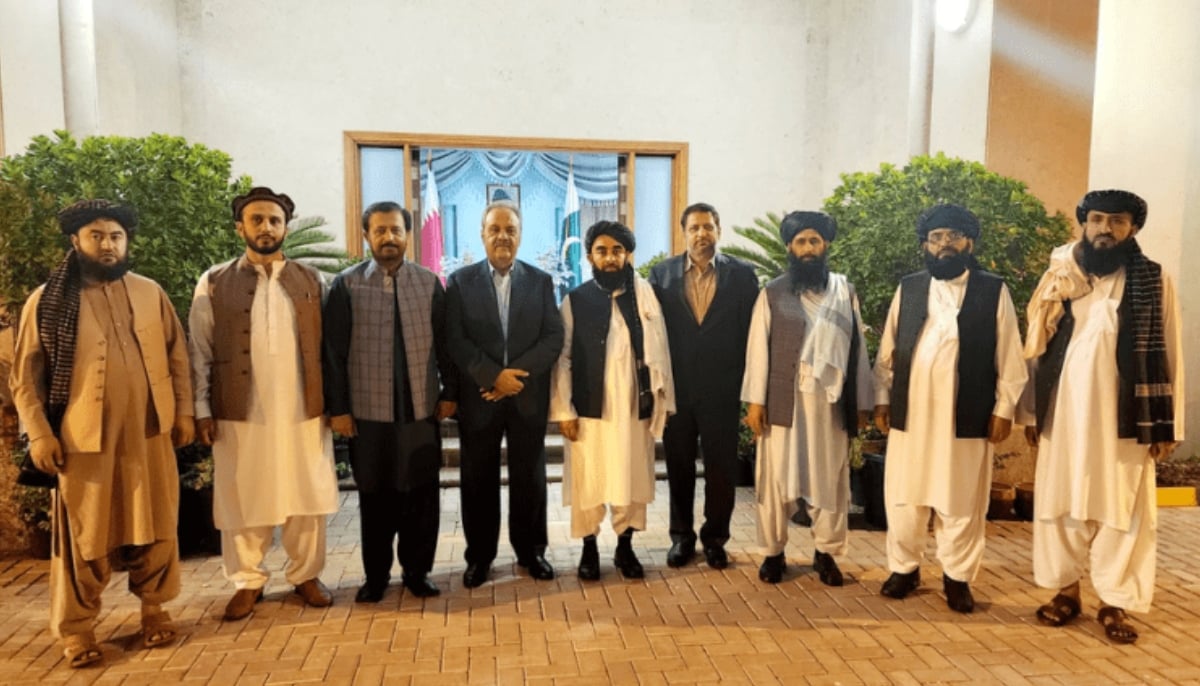
"Talks seem to be out of the picture, and I believe the Pakistanis have concluded that it is not a viable option unless circumstances change."
He said that one of the main reasons the talks failed, besides the TTP's unwillingness to stop carrying out attacks, is that its demands were simply too ambitious and too large for Pakistan to accept.
"You’re talking about a demand to essentially let the TTP’s version of Sharia law become the law of the land in large swathes of northern Pakistan. I mean, this is not something that Pakistan would have assented to."
Meanwhile, Syed pointed out that Pakistan should also opt for a regional approach, which he called a "three-pronged strategy". A regional approach means that the six neighbours of Afghanistan – Pakistan, Iran, China, Tajikistan, Turkmenistan, and Uzbekistan, all have concerns, plus Russia, has concerns about the situation in Afghanistan.
"There's the East Turkestan Islamic Movement (ETIM) which bothers China. There are rebels from Russian caucuses like Chechnya. Then there is the Jaish-ul-Adl or Jundula who operate from Afghanistan's Faryab province against Iran."
Secondly, he said, Pakistan should also seek the good offices of China, which has a lot of clout in Afghanistan, because China is investing a lot in Afghanistan.
What to expect in 2025?
Despite the prevailing circumstances, experts laid emphasis on mending ties between the two neighbouring countries.
Kugelman believes that neither the Taliban nor the Pakistani government can afford a war. "Certainly, there's been a lot of angry rhetoric from both sides, but a war is highly unlikely."
Syed hopes that better sense will prevail on both sides."We have no engagement with Afghanistan and no communication with Afghanistan at the political or diplomatic level. This is not right; we should do that."
He expects the ties will be mended and both countries can head towards normalisation, urging the authorities to do it with open minds and open hearts because "our interests are inextricably intertwined".
"I think that in terms of a new policy, honestly, it has to be a more friendly policy, not just to Afghanistan, or I do mean to Afghanistan, but to the Afghan people on the whole," Kugleman said.
Syed raises another important point, saying, let’s not forget, that China has de facto accepted the Afghan Taliban regime. "UAE has done the same. Russia is already having an outreach with the Afghan Taliban regime. Iran and Turkey are doing the same thing. We cannot be on the wrong side of history. We should be on the right side," he concluded.
There was a consensus among observers that Pakistan must change its Afghan policy and adopt a comprehensive one to curtail the TTP issue, normalise relations with the neighbouring country, and ensure a better future.
Ali Abbas is a staffer at Geo.tv. He posts on X @aliabbashaidary
Header and thumbnail image by Geo.tv



